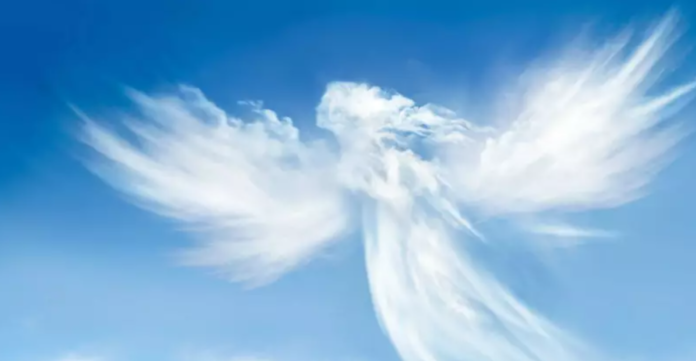Angels have been depicted in various forms throughout history, appearing in religious texts, artwork, and folklore. Their appearance has often been described as ethereal and otherworldly. In this article, we will explore the different representations and beliefs surrounding what angels look like.
1. Ancient Voices
In ancient civilizations such as Mesopotamia and Egypt, angels were frequently depicted as divine beings with wings. These wings symbolized their ability to travel between the realms of heaven and earth. They were often shown with human-like bodies, radiating light, and emanating a sense of peace and tranquility.
2. Biblical Descriptions
In the Christian tradition, angels are described in the Bible as heavenly messengers. While they are often portrayed as winged beings, the concept of an angelic appearance goes beyond their physical attributes. The book of Ezekiel describes cherubim as having four faces: that of a cherub, a man, an eagle, and a lion. This suggests that angels can take on different forms depending on their purpose.
3. Angelic Hierarchy
One belief within Christianity is the existence of an angelic hierarchy. This hierarchical structure suggests that angels come in various forms based on their level of divine hierarchy. Arch angels, for example, are considered to be the highest-ranking angels and are often depicted with six wings and a radiant appearance. Seraphim angels are described as having multiple wings and a fiery presence. Other lower-ranking angels, such as guardian angels, may take on a more human-like appearance in order to blend in with humans and fulfill their protective role.
4. Cultural Depictions
Different cultures around the world have their own interpretations of angelic beings. In Islamic tradition, angels are described as genderless and made of light. They have been depicted as beautiful beings with white wings and a sense of awe-inspiring majesty. In Hinduism, celestial beings known as Devas are often associated with angelic qualities and are depicted with divine radiance and multiple arms.
5. Contemporary Portrayals
In modern times, angels are frequently depicted in popular culture, often taking on a more human-like appearance. They are portrayed as elegant beings with wings, emanating a sense of grace and compassion. However, it is important to note that these portrayals are often fictional and influenced by personal beliefs and creative interpretations.
6. Personal Experiences
Many individuals claim to have had personal experiences with angels, describing them as beings of pure light and love. These encounters often transcend physical appearance and are described as a profound feeling of peace and guidance. People report feeling a strong presence, hearing angelic voices, or seeing flashes of light.
Conclusion
The appearance of angels is a topic that has fascinated humans for centuries. While there are common themes and descriptions found in various religious texts and cultural beliefs, the true nature of angels and their appearance remains a mystery. Whether depicted with wings, multiple faces, or in a more human-like form, angels are often associated with beauty, light, and a sense of awe-inspiring divinity.

